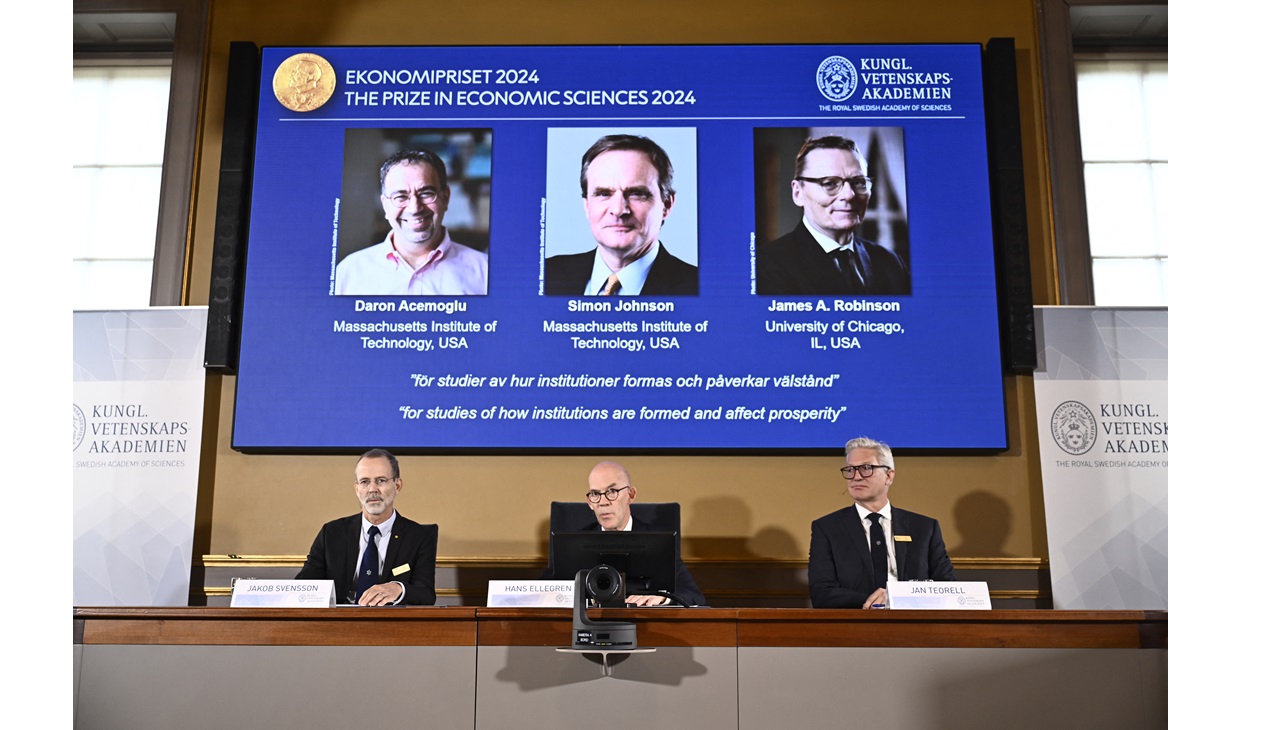
The stakes for The Census are enormous
The Hispanic community is likely to be the one most underrepresented if a citizenship question is allowed on the census.
The census is critical, constitutional mandated, but many may not know its importance to businesses.
Stacie De Armas is Vice President of Strategic Initiatives and Consumer Engagement at the Nielsen Corporation.
She was one of the featured speakers at the Hispanic Leadership Summit held in Chicago, Illinois on April 26, 2019.
“Every industry in the United States makes business decisions based on census figures,” said De Armas.
De Armas said businesses use the census to make decisions including: accepting potential employees, product innovation, site selection, media, marketing, and entertainment planning.
De Armas said her employer relies on the census.
“At Nielsen, we are not excluded from the impact of this. In fact, the population estimates and projections that come from the census are used as a benchmark for surveys, our economic and social science research, and our market research.” De Armas said.
It is the definitive benchmark for billions of dollars in economic activity, she added.
“There can be no margin for error, and it cannot be wrong,” De Armas said. “Businesses transact based on Nielsen data, so accuracy is critical and we have an obligation to our businesses to ensure that any underlying that we use is up to the highest standard.”
The Census is specifically mentioned in the US Constitution: Representatives and direct Taxes shall be apportioned among the several States ... according to their respective Numbers ... . The actual Enumeration shall be made within three Years after the first meeting of the Congress of the United States, and within every subsequent Term of ten Years.”
The Constitution does not provide any instruction on how the census is to be done or what questions can be asked.
The census has been politicized with a controversial idea to include a citizenship question.
On April 1, 2019, Trump tweeted:
RELATED CONTENT
Can you believe that the Radical Left Democrats want to do our new and very important Census Report without the all important Citizenship Question. Report would be meaningless and a waste of the $Billions (ridiculous) that it costs to put together!
— Donald J. Trump (@realDonaldTrump) April 1, 2019
De Armas said this citizenship question may lead to an inaccurate census count.
She added that experts believe that this citizenship question may lead to an undercount of as large as 6.5 million people.
“To get an accurate census count, you have to count people in all communities without exception.” De Armas said.
The citizenship question is now in front of the US Supreme Court and Nielsen filed an amicus brief against allowing the citizenship question in the census.
“Nielsen and its clients are not the only businesses that depend on reliable census data to run efficiently. Banks depend on census data to decide where and how to market new financial products. Utility companies rely on census data to determine where to place infrastructure and how to efficiently deliver essential services,” Nielsen stated in its brief. “Hospitals depend on census data to determine where to build new facilities and where to develop specialty practices. In these settings and others, inaccurate census data will hamstring American businesses and consumers.
A reduction in the accuracy of the census occasioned by the addition of the citizenship question would have lasting negative consequences for American business. Particularly troubling is the possibility that a potential undercount of non-citizen or minority households will result in an underweighting of those households’ preferences. As a purveyor of measurement data, Nielsen understands better than most that if those households are not accurately measured, business may unwittingly underserve them by investing less in those consumers’ preferred products and services. Such mistaken business determinations will harm not only consumers in America, but the American companies that serve them.”
The US Supreme Court heard arguments in this case on April 23, 2019.
According to the Supreme Court blog SCOTUS, the oral arguments suggest that the US Supreme Court will uphold and allow the question on the census.
“The Supreme Court heard oral argument this morning in the dispute over the Trump administration’s decision to include a question about citizenship on the 2020 census. The federal government says that the Department of Justice wants data about citizenship to better enforce federal voting rights laws. But the challengers in the case counter that asking about citizenship will lead to an inaccurate count, because households with undocumented or Hispanic residents may not respond. After roughly 80 minutes of often tense debate, the justices seemed divided along ideological lines, with the conservative justices appearing ready to uphold the use of the question,” SCOTUS Blog said in a blog post from April 23.
De Armas said the stakes are enormous not only for Nielsen, but for the Hispanic community.
“The business implication will equally hurt our community and our businesses and, frankly, American economic progress. When we are not counted, our voices, our opinions, our preferences, our accomplishments, and our challenges aren’t counted either,” De Armas said.










LEAVE A COMMENT:
Join the discussion! Leave a comment.